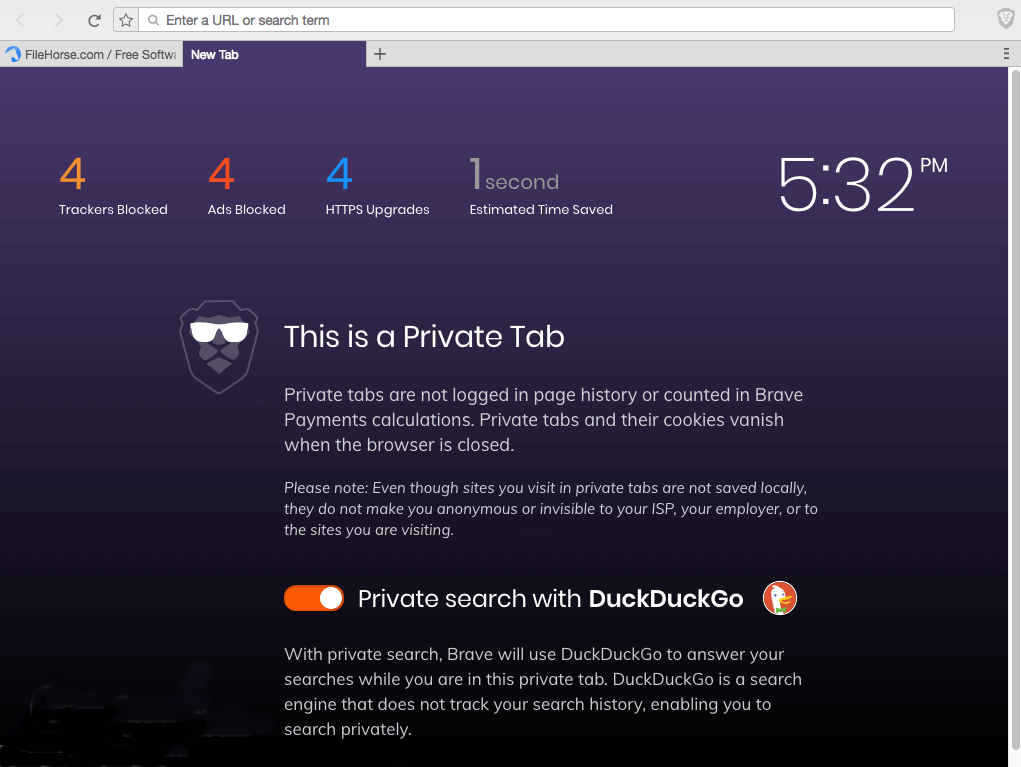

Ask them not to click on any unknown image or link.

Remember to check your children’s network access If your children are using a device, make sure you keep an eye on the content they are watching.

There will be times when private topics may be discussed, and having the microphone on mute will help prevent any leaks or unnecessary sharing of embarrassing information. Tape up your webcam and mute the mic by default If you are not in a meeting, make sure that your webcam is either taped or blocked via double folded paper. Remote desktop/VNC services have been well-known attack vectors for many years, and a number of breaches happen through this route. But, if that is not required, make sure that those services are always off by default in your systems. Do not use a remote desktop (or VNC) service unless absolutely necessary You may be required to remotely grant access to a computer from inside your company's infrastructure. They are essential to defending against many known attacks.Ĩ. Remember to enable a firewall All operating systems come with default firewall systems and you should not disable them. Just having the latest version will save you from many threats.

Make sure that every day, you find time to update your system. Update your system daily As and when companies find bugs in their software and OS, they are also fixing them by releasing regular updates. This is because someone in the house, maybe children, may click on the system and that could mean trouble. Lock the computer when you are getting up Even if you are inside the house, make sure to lock the computer screen when you get up. Remember, since you are working from home, it my be difficult to get help in case of a cyber attack. Do not install any unverified software Do not download and install pirated software or anything else from random sites off the Internet. It can be Signal, Wire, Keybase, or any other system based on your organisation’s need and capacity. Try to identify one verified encrypted chatting medium and share these information over that one medium only. Do not share any password or authentication details The average Web-based chat is unlikely to be end-to-end encrypted, and if passwords or other authentication details are shared over it, there is a chance that attackers can access that information. Remember to close all software that aren’t required during the meeting. You may accidentally be leaking information (meeting ID or other confidential information). Also remember not to share meeting, or screenshots from your video calls on the social media.


 0 kommentar(er)
0 kommentar(er)
